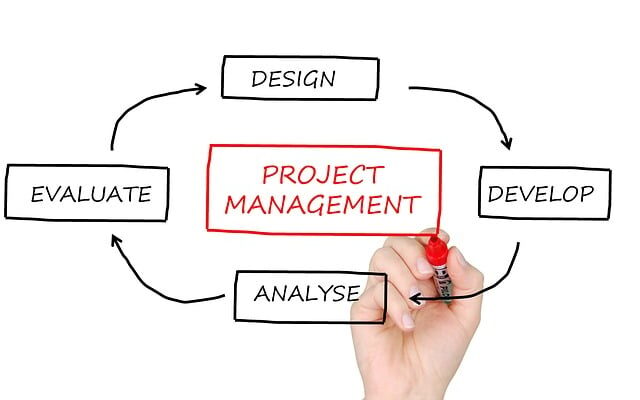Project Management: The Key to Successful Project Execution

In today’s fast-paced business environment, project management has become essential for organizations of all sizes. Effective project management ensures that projects are completed within time and budget and to stakeholders’ satisfaction. However, project management is about more than just planning and tracking tasks. It is a comprehensive approach to managing resources, processes, and stakeholders to achieve project goals. This article will discuss the key components of project management and how they contribute to successful project execution.
Planning
The first step in project management is planning. This involves defining project goals, identifying requirements, and developing a plan. The project plan should incorporate a detailed timeline, a list of tasks and deliverables, and a budget. It is essential to involve all stakeholders in the planning process to ensure everyone is on the same page and that expectations are aligned.
Execution
Once the project plan has been developed, the project can move into the execution phase. During this phase, the project team works together to complete the tasks outlined in the project plan. The project manager is responsible for monitoring progress, managing resources, and making adjustments as necessary. Therefore, it is important to keep stakeholders informed throughout the execution phase to avoid surprises and ensure that the project stays on track.
Monitoring and Control
Monitoring and control are essential components of project management. During this phase, the project manager monitors progress, identifies issues, and takes corrective action as necessary. This may involve revising the project plan, reallocating resources, or adjusting timelines. Effective monitoring and control can help prevent problems before they occur and ensure the project stays on track.
Risk Management
Risk management is another critical component of project management. Projects have inherent risks, such as delays, budget overruns, or scope creep. Effective risk management involves:
• Identifying potential risks.
• Assessing their likelihood and impact.
• Developing strategies to mitigate or avoid them.
This may involve developing contingency plans, allocating resources to address potential issues, or adjusting timelines to accommodate unexpected delays.
Communication
Effective communication is key to successful project management. The project manager should communicate regularly with stakeholders to inform them of progress, risks, and issues. This may involve regular status updates, progress reports, or stakeholder meetings. Effective communication can help build trust and ensure everyone works towards the same goals.
Conclusion
Project management is a critical skill for organizations of all sizes. Effective project management can help ensure that projects are completed to stakeholders’ content on time and within budget. The key components of project management include planning, execution, monitoring and control, risk management, and communication. By focusing on these key components, project managers can increase the likelihood of project success and deliver real value to their organizations.











